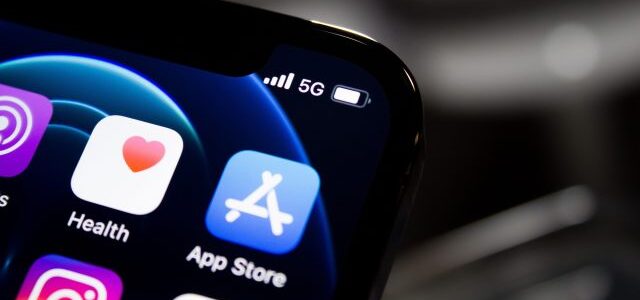Today’s apples travails: Amazingly, Apple in August solely promised a handful of small App Store changes back in as part of its settlement with few developers dwelling across the United States of America. One of the most identifiable innovation announced at the time seems that developers would be able to communicate outside of their operations about alternatives to Apple’s in-app purchase system globally.
In the same lane with this documentation, Apple says that it is updating guideline 3.1.3 to discard its initial restriction on using customer communication information obtained with an application to communicate freely outside the application about payment methods other than in-app purchase. however, Apple says this update meets and will achieve the terms of the settlement for apple stores.
The wording of guideline 3.1.3 before to today’s updates:
The following apps may use purchase methods other than in-app purchase. Apps in this section can’t, within the apple app, not to discourage users to use a purchasing method other than in-app purchase system. Developers can’t use information obtained within the app to target individual users outside of the app to use purchasing methods other than in-app purchase (such as mailing an individual user an email concerning other purchasing methods after that persons signs up for an account within the app). Developers can also send communications outside of the apple app to their user concerning about purchasing methods other than in-app purchase system.
In other to get along with this lucrative update, Apple firms is also adding a new guideline saying that many apps may request the basic contact information from their regular users, with some limiting restrictions:
Apple longing request sequels: However, Apple Apps may request the basic contact information (such as email address and names) so long as the user request is optional the features and services are not conditional on providing the information, and it complies with other provisions of these guidelines, including restrictions on collecting information from children’s.
In practical sense, this means that developers will be able to have contact information from it’s users (in as much as it’s not required), then use that contact information to communicate outside of their apple application (like with email), about more purchase and payment options that are very cheaper and affordable than in-app options.
In view to apple restrictions and codes of conduct:
It’s important to note that changes are strictly in response to the class-action lawsuit from US developers that Apple app settled in August. These changes do not put Apple apps in compliance with the rare Epic Games ruling globally or the ruling from the famous Japan Fair Trade Commission worldwide. While the rare Epic Games case is being appealed, Apple app says that it will update its apple App Store guidelines to accommodate all the JFTC ruling in genesis of 2022.
Apples latest reaction: Very important to know that Apple is announcing a trio of updates to all the App Store Guidelines today that focuses on giving developers more flexibility for communicating freely with their clients. One of the new development specifically comes to address Apple’s app settlement in a class-action lawsuit beginning from small developers in the US, first pronounced back in August in other to keep it’s customers posted.

